42 polypropylene vs polyester labels
A Guide to Polyester, Nylon, & Polypropylene Fabric Polypropylene is a lightweight type of plastic. It was originally used to mass-produce plastic items in factories, but nowadays it's most commonly a textile or fabric. The advantages of polypropylene include: Absorbs moisture Resistant to chemicals Thermal properties ideal for cold weather Resistant to tearing What is the difference between Polyester and Polypropylene labels? BarcodesInc. Polyester is the most rugged and is made for outdoor or extreme temp/chemical environments. Polypropylene is great for indoor use when you need something stronger than paper and not at a high cost like Polyester. Ask us your Barcode, POS, or RFID questions. 1-800-351-9962. Filed under: Question and Answer. Posted November 29, 2012.
Hampers - Laundry Room Storage - The Home Depot While hampers keep your laundry out of sight, baskets help you get it to and from the washer and dryer. Assign plastic laundry baskets by color to each family member, or add labels to wicker laundry baskets. This makes it easy to sort and fold laundry into individual family members’ baskets so they can grab them to put away fresh, clean clothes.
Polypropylene vs polyester labels
Polyester vs Polypropylene: What's the Difference? - Silver Bobbin The main difference between polyester and polypropylene is that polypropylene is more water-resistant than polyester, making it a quick-drying fabric that works well for athletic wear. Polyester lacks the quick-drying properties of polypropylene, but it is washable and wrinkle-resistant, qualities that make it easy to care for. Polyester vs. Polypropylene - Difference Wiki Polyester vs. Polypropylene. Polyesters are the polymers formed by condensation polymerization of dicarboxylic acid and diols. Whereas the polypropylene has the characteristic of thermoplastic polymer and has applications of being used in plastics and fibers. Monomers of polyester are dicarboxylic acid and diol; however, in the case of ... What Is the Difference Between Polyethylene and Polypropylene? Polypropylene is another thermoplastic polymer that is stiffer than polyethylene. Polypropylene comprises propylene monomer units composed of three-carbon alkane units [-CH2 (CH3)CH2]. Due to its rigidity, it is often utilized in manufacturing molded material. Propylene is often copolymerized with ethylene molecules to increase its elasticity.
Polypropylene vs polyester labels. Is Polyester or Polypropylene the Right Choice for my Sleeves and Bags ... Polyester film is the material of choice for archiving many of the United States' most valuable historical documents according to the Library of Congress. Polypropylene is also archival safe, however it is gas permeable. Polyester sleeves and bags are more rigid than polypropylene counterparts. This gives polyester bags a brilliant, shiny surface. Polyester Vs. Polypropylene - What's The Difference? Fluid will pass through polypropylene without getting absorbed into the fibers. Polypropylene is better at repelling water. Although polyester can wick moisture too, it is no match for polypropylene. Polypropylene will wick moisture very fast, resulting in speedier drying. 3. Durability Polypropylene vs Polyethylene Label Materials: - Paramount Labels Metallic Polypropylene Labels: The PP label material has the same water and oil resistance as White PP and Clear PP. However the difference is in its light reflecting properties - the same as that of a metal. Colourwashing these materials are favoured by luxury brands for a magnificent display of Gold, Copper, Silver and Rose Gold effects. Givenchy official site Discover all the collections by Givenchy for women, men & kids and browse the maison's history and heritage
Polyester vs. Polycarbonate Graphic Overlays | Label-Aid Systems, Inc. You might choose a polyester label if your applications involves chemicals such as acids, solvents, or cleaners because polyester has better chemical resistance. Polyester has a higher actuation life as well, which means that it can be pushed many times over many years without cracking or deforming. Polyester vs Polypropylene Strapping: What's the Difference? Polypropylene strapping has a matte finish and is usually embossed. Tension retention - Polyester retains tension over a long period of time. Polypropylene has low retained tension, often losing about half of the applied tension with an hour of being applied. This loss can be accelerated by certain environmental factors as well. Polypropylene Labels - Everything You Need To Know While polypropylene labels are great for many applications, they do not work for everything. Application, lifespan, and regulations might dictate that another material, such polyester or vinyl might be required. Polyester labels are generally recommended for applications that require a larger lifespan, heat resistance, and additional durability. What do the different types of plastic based labels mean- PVC,PP,PET ... PP = Polypropylene PET = Polyester BOPP = Biaxially Oriented Polypropylene PS = Pressure Sensitive Vinyl is mostly used for wall and floor graphics with an indoor application. Cheaper than polyester. Polyprop is a cheaper form of polyester, also mostly used for indoor application Polyester is the most expensive, basically weatherproof.
Sani-Cloth® Plus Germicidal Disposable Cloth - PDI Healthcare The PDI Difference: Microfiber Cloths vs Ready To Use (RTU) Products. Are you wiping away your hard work? Microfiber cloths may do more harm than good. While microfiber cloths… Sani-Cloth® Plus Caution Sign. This precautionary sign for Sani-Cloth Plus wipes has easy-to-identify contact time, not a skin or baby wipe, and… Hobie Cat Parts and Accessories | West Coast Sailing There are two types to consider: polyester double braids and high-tech double braids. Polyester double braids, found most commonly on recreational and cruising sailboats, have a polyester cover with polyester core. These are low maintenance, affordable, and long-lasting, while offering relatively low stretch and high working loads. Polyamide vs Polyester: 12 Differences And What Is Better That fabric is seen as softer, more comfortable, and is oil resistant while polyester doesn't resist oil and while close to polyamides for the other two, it does not beat polyamide out in those categories. For winter, polyester would be the better fabric while polyamide material would be better for warmer days. 7 Important Types of Label and Sticker Materials - PLCTX BLOG These labels are considered ideal replacements for vinyl labels, and provide excellent solvent resistance. Polypropylene labels are affordable than polyester labels, and they offer better clarity. These labels are distinguished on the basis of their coating, adhesive, and colors. The following are some popular types of these labels:
Ensuring your labels withstand your environment | Blog | CILS Vinyl is perfect for cable marking but has now been replaced by polyester, polypropylene and polyethylene for most other applications. Vinyl is low cost, due to its limited temperature range and low-spec adhesive, but is very conformable to curved and textured surfaces. ... Typical applications for polypropylene labels: rigid packaging, window ...
Poly Labels - Mylar, polyester, polypropylene, vinyl, polyolefin Poly labels really means a custom printed label made of a poly film material like Mylar (polyester, referred to as PET), polypropylene (commonly referred to as BoPP), or polyolefin (a combination of plastics made for a particular use). Vinyl labels and polystyrene labels can also be called "poly labels".
Polypropylene Labels: What You Need to Know | LabelValue Polypropylene refers to the material from which these labels are made. They are more durable than most labels and are tear-proof and waterproof. It is also resistant to fading and discoloration that is often characteristic of standard paper labels. Polypropylene labels are ideal for a wide range of retail packaging uses, such as hair care ...
Polypropylene vs Vinyl Stickers. Comparing Custom Label Printing ... In many cases, custom polyester labels are more cost-effective than vinyl because they are less durable. Polys are manufactured to be economically viable options for many label applications, however they are costlier than paper and there is a range of price depending on the specifications of the poly.
Do You Need Help Choosing A Label Material? - ABLT The test to determine which it is, is easy because Polyester sinks in water while Polypropylene floats. The hardest part of this test is that you must remove all the adhesive from the label first. This can take some time but by rubbing the back of the label with Goo Gone you can easily remove the adhesive.
Label Materials - What Is My Label Made Of? - The Label Experts Polyethylene (PE) Floats. Easy. Lightweight, flexible, good abrasion resistance, preferred for packaging. Polypropylene (PP) Floats. Somewhat Difficult. Chemical & scratch resistant, strong, good wide service temperature. NOTE: The concept behind the water float test involves "specific gravity.".
What Is the Difference Between Polyethylene and Polypropylene? Polypropylene is another thermoplastic polymer that is stiffer than polyethylene. Polypropylene comprises propylene monomer units composed of three-carbon alkane units [-CH2 (CH3)CH2]. Due to its rigidity, it is often utilized in manufacturing molded material. Propylene is often copolymerized with ethylene molecules to increase its elasticity.
Polyester vs. Polypropylene - Difference Wiki Polyester vs. Polypropylene. Polyesters are the polymers formed by condensation polymerization of dicarboxylic acid and diols. Whereas the polypropylene has the characteristic of thermoplastic polymer and has applications of being used in plastics and fibers. Monomers of polyester are dicarboxylic acid and diol; however, in the case of ...
Polyester vs Polypropylene: What's the Difference? - Silver Bobbin The main difference between polyester and polypropylene is that polypropylene is more water-resistant than polyester, making it a quick-drying fabric that works well for athletic wear. Polyester lacks the quick-drying properties of polypropylene, but it is washable and wrinkle-resistant, qualities that make it easy to care for.

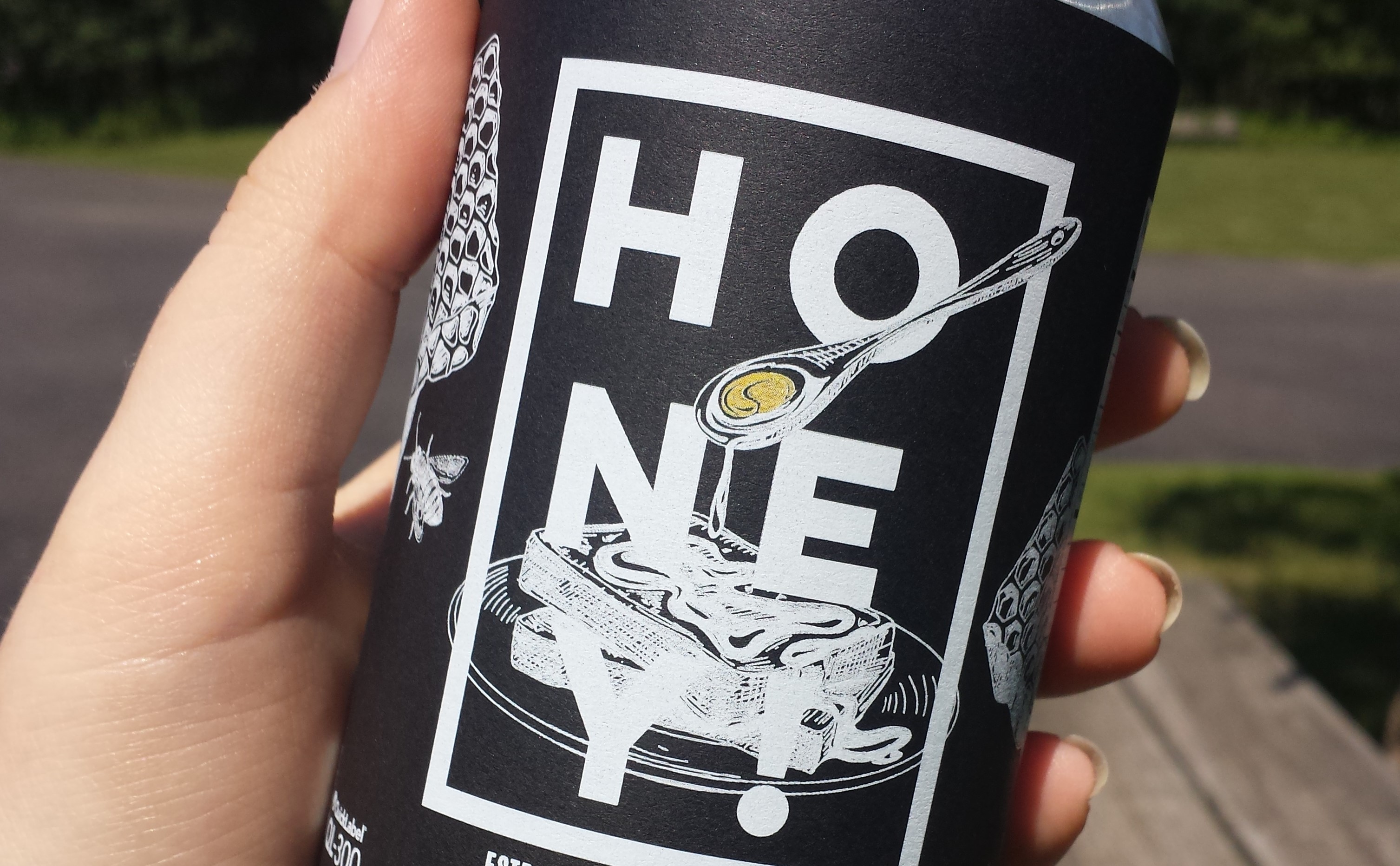


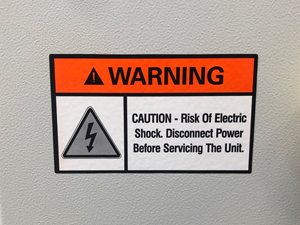


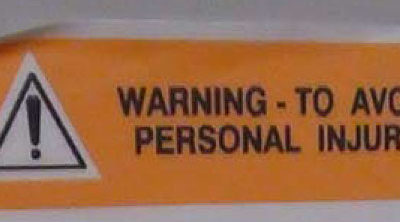



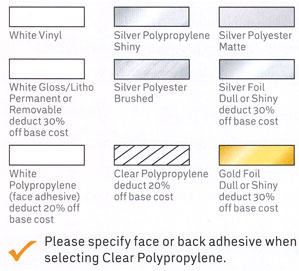
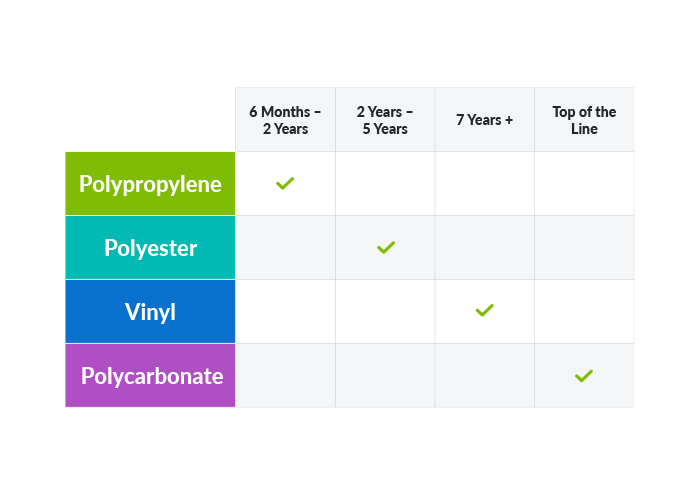
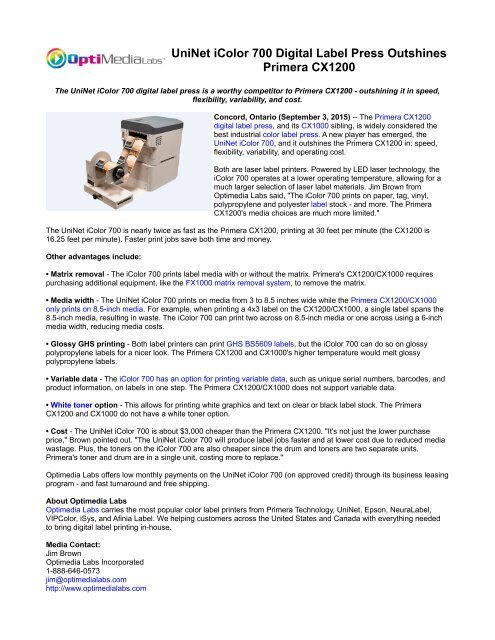


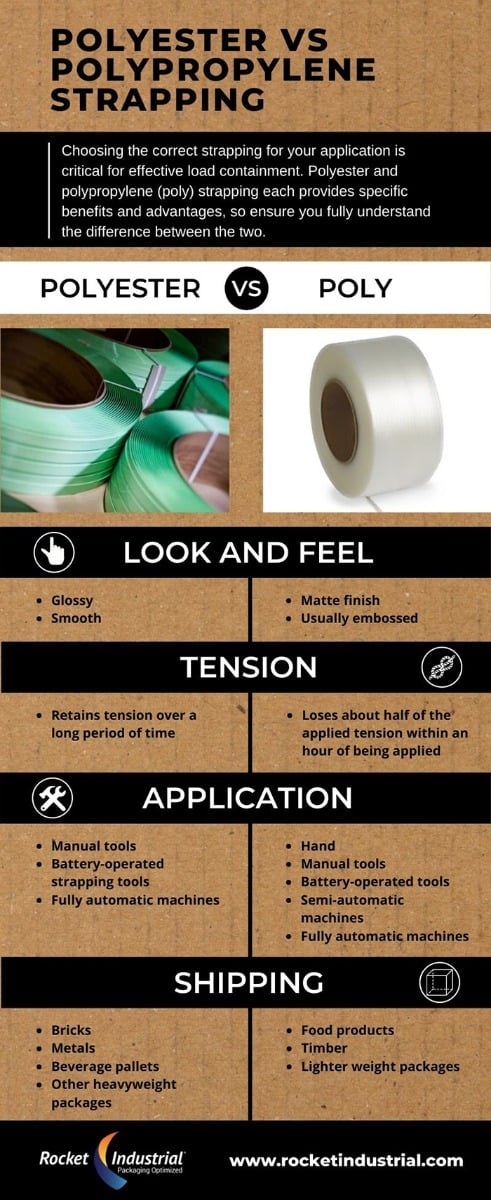



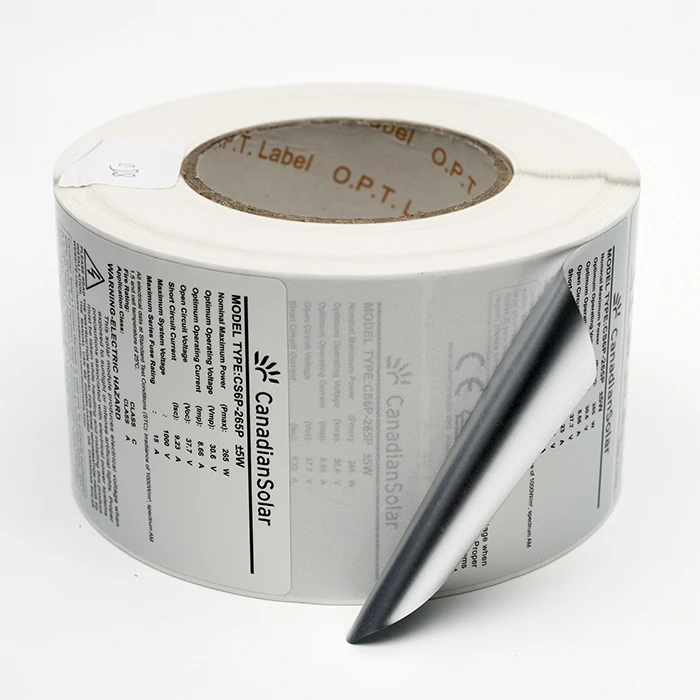
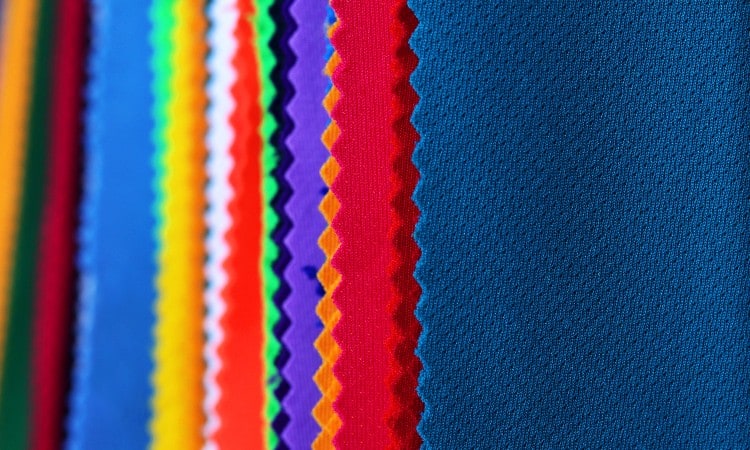


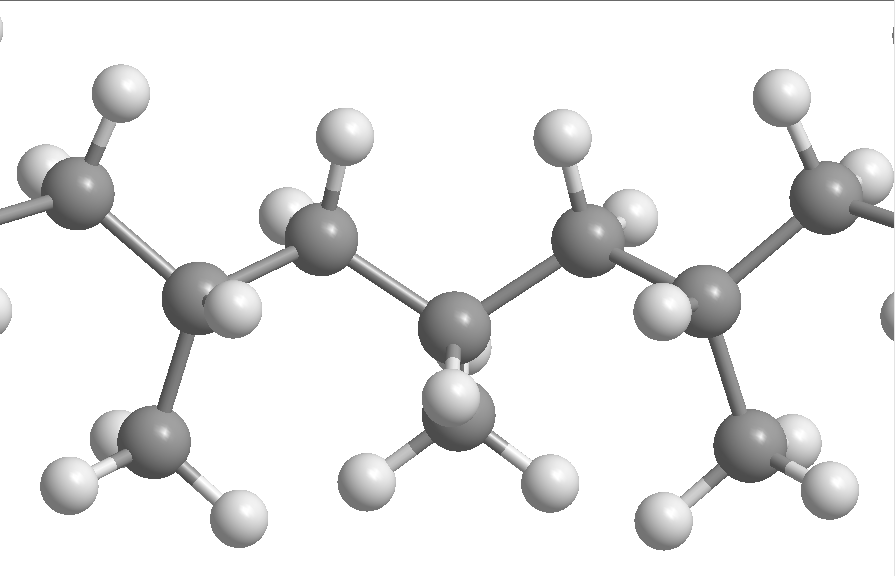
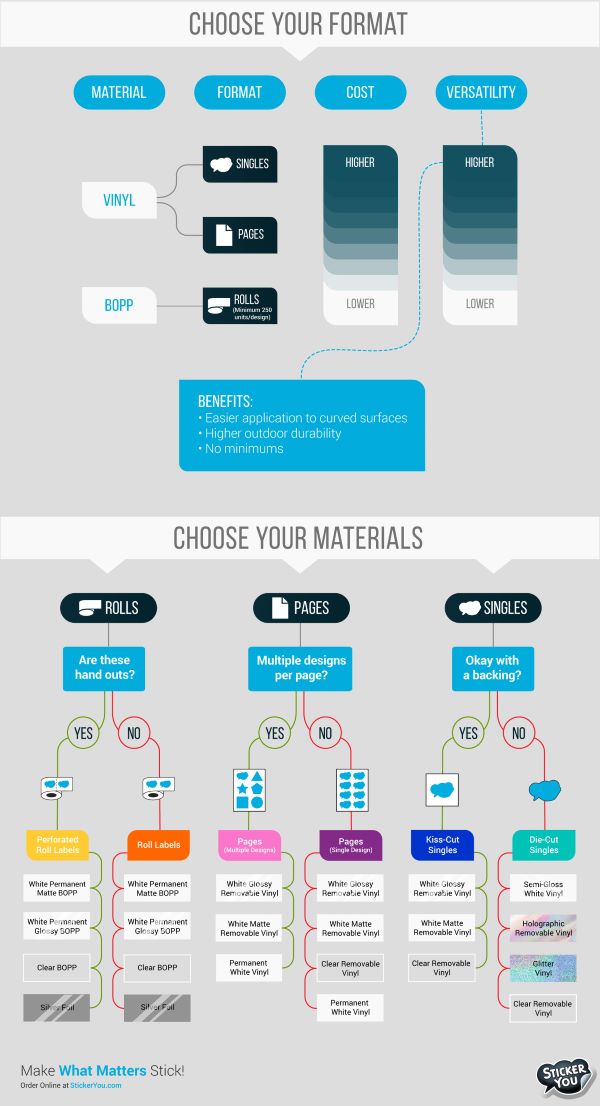
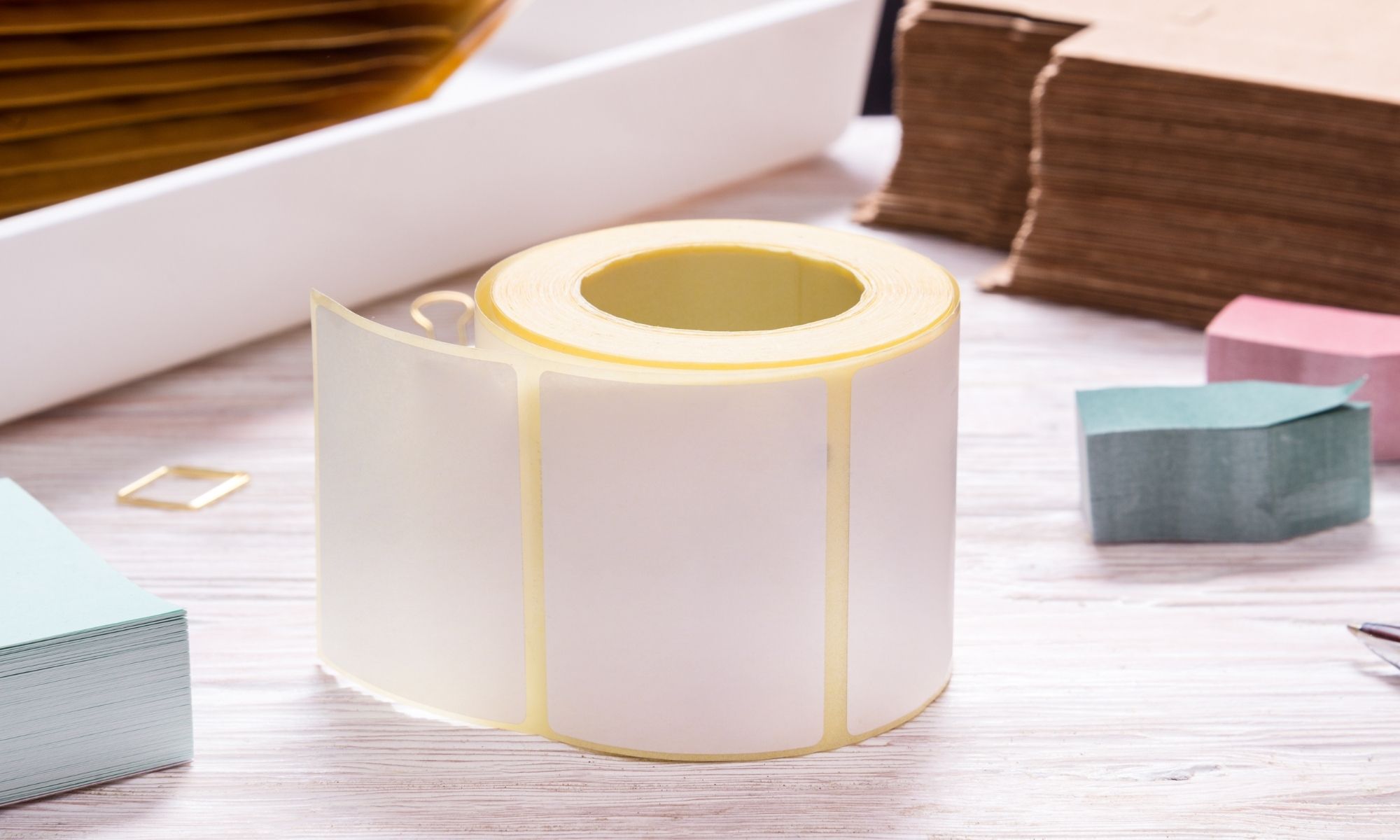





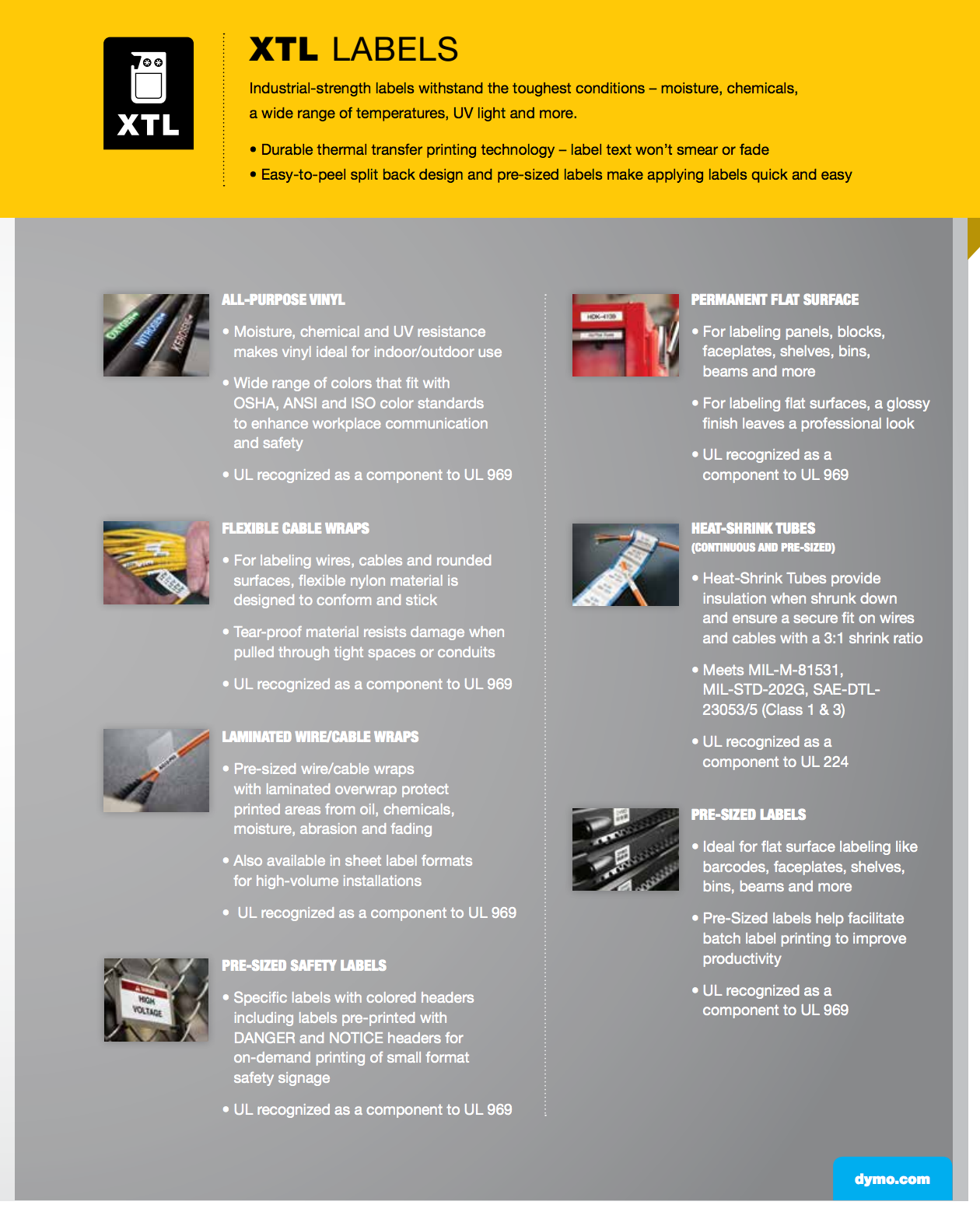
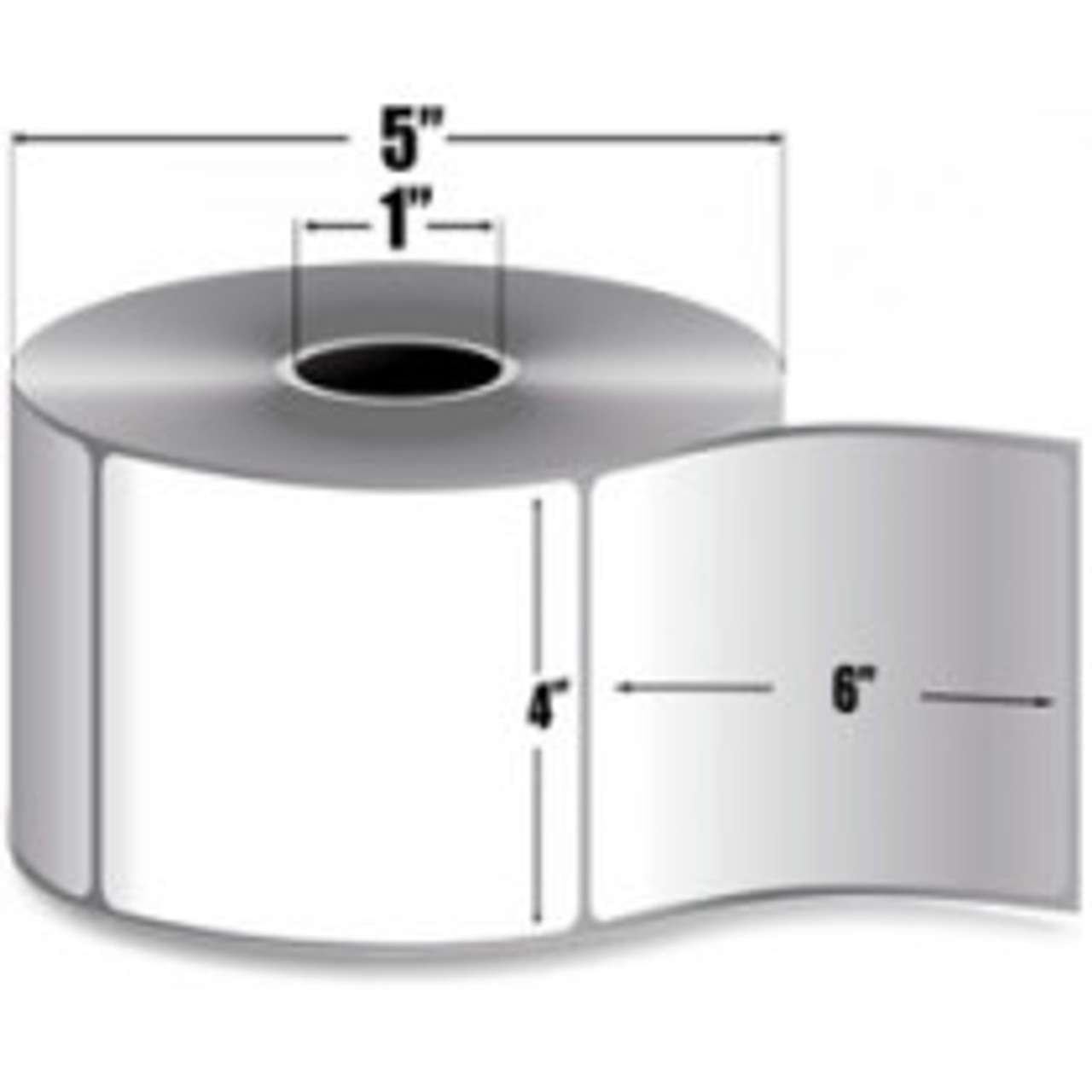
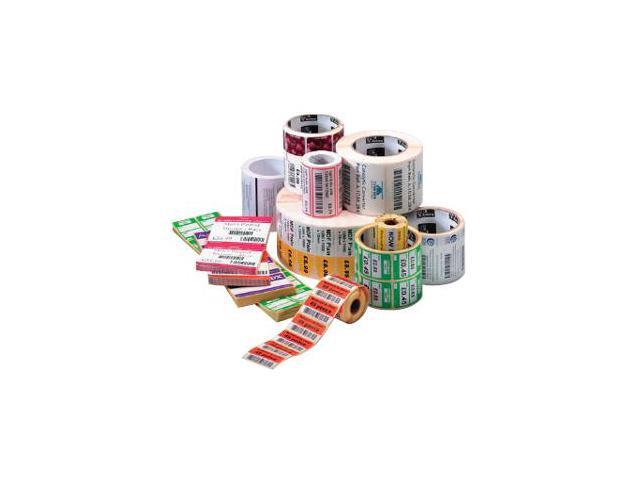


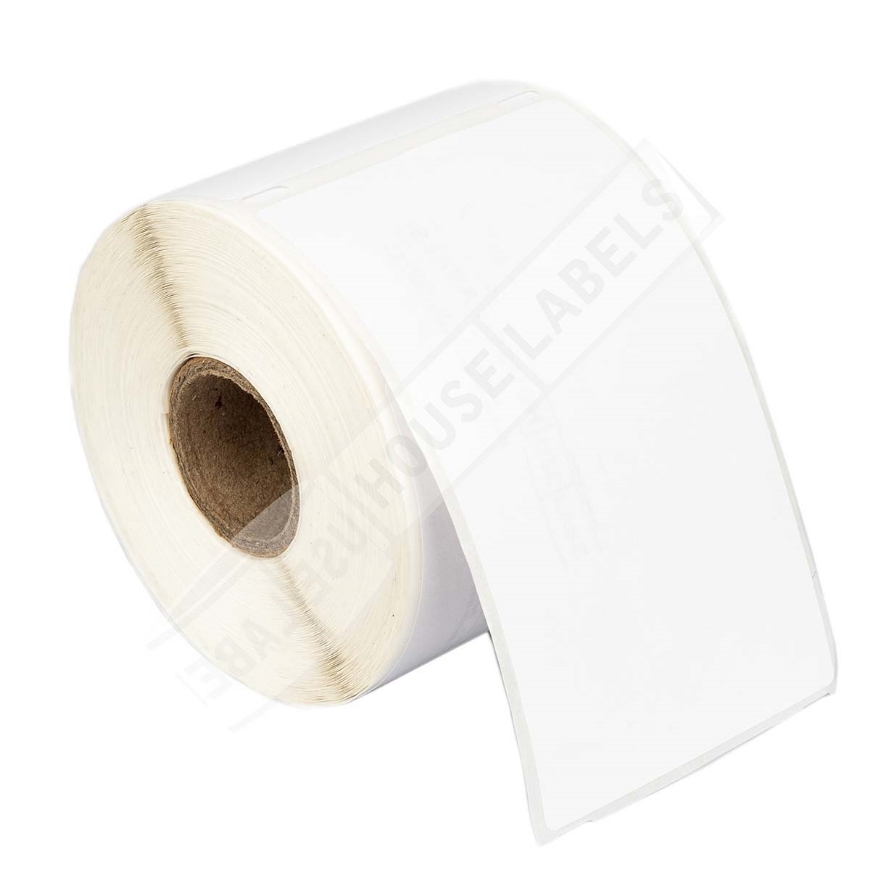
Post a Comment for "42 polypropylene vs polyester labels"